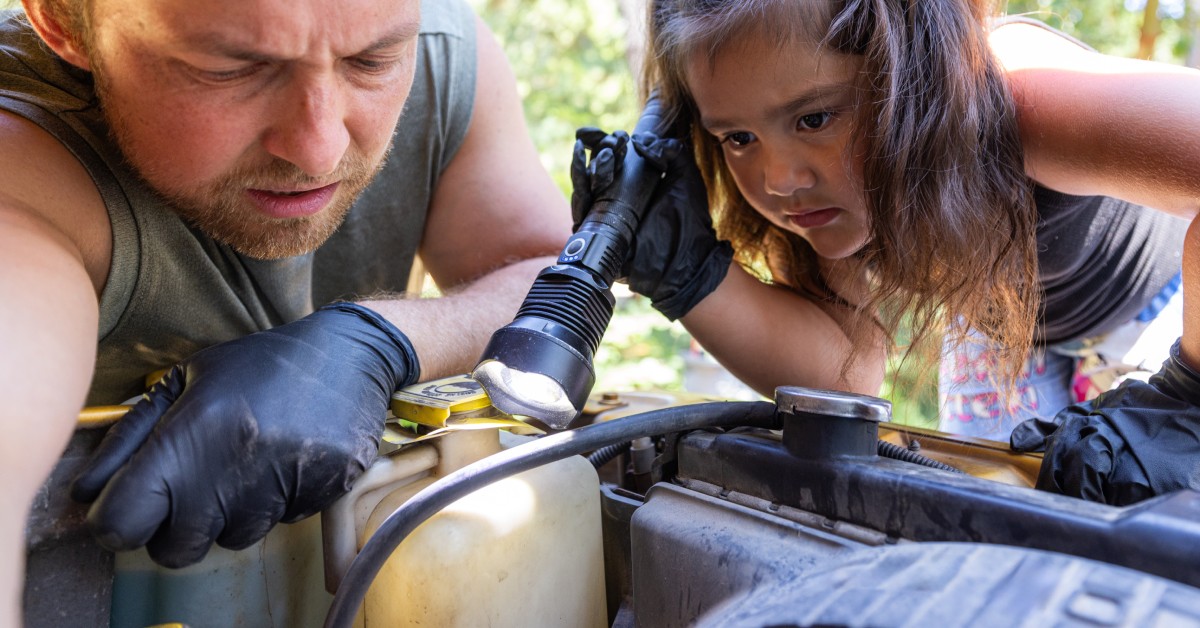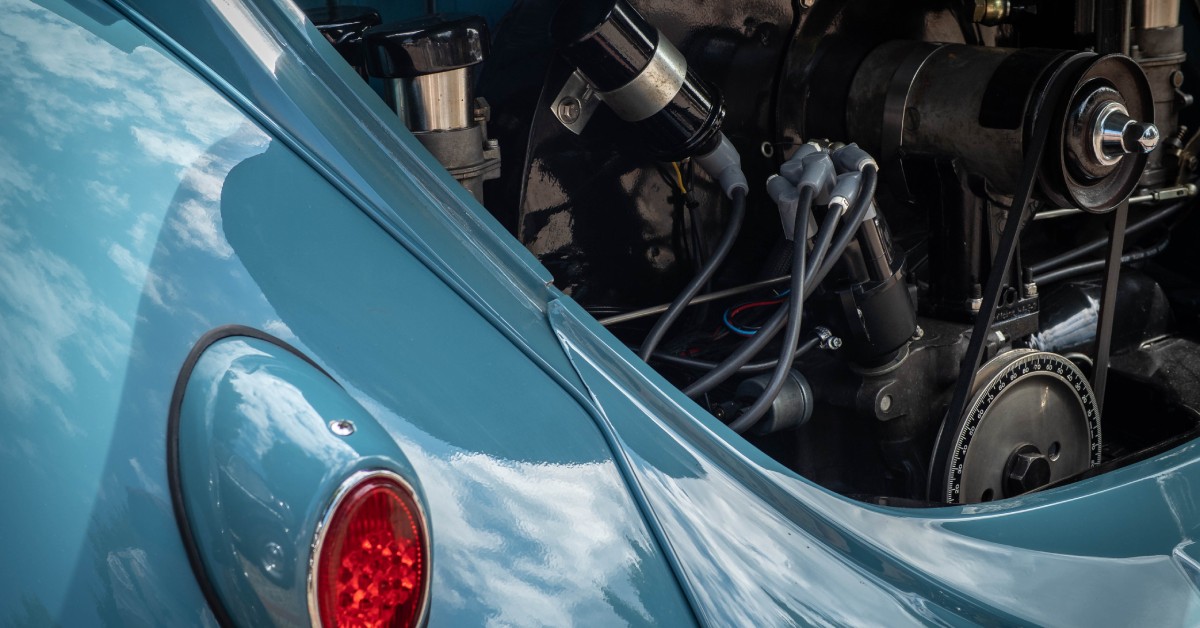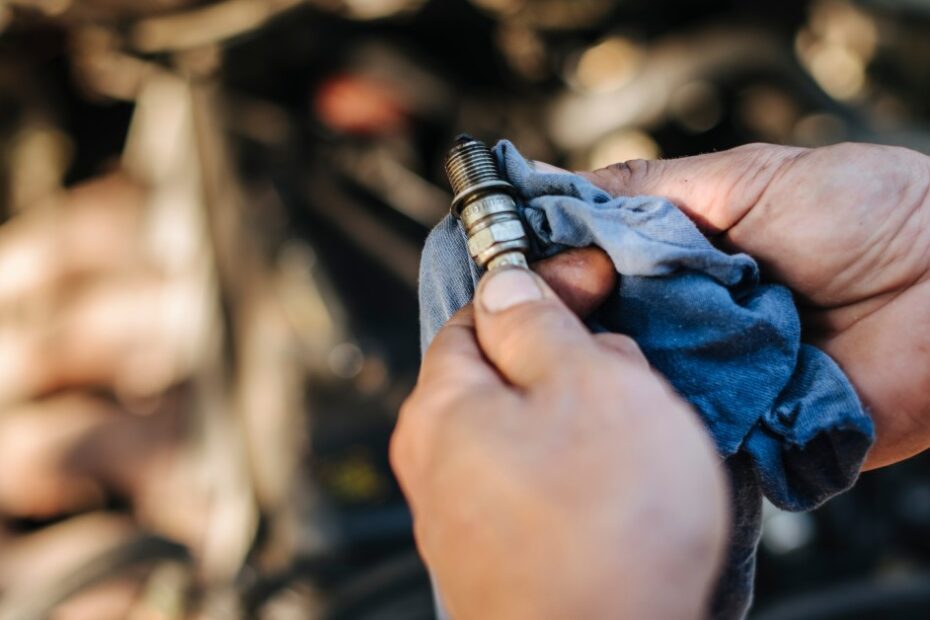Whether you drive a vintage Volkswagen Beetle from the 1960s or a modern model built in the 2000s, spark plugs are an important part of your car’s ignition system. They play a critical role in performance, fuel economy, and reliability. This guide covers everything you need to know about choosing the right VW Beetle spark plugs.
Why Spark Plugs Are Important
A spark plug’s main job is to ignite the air-fuel mixture inside your engine’s combustion chamber. Each time you start the engine, accelerate, or maintain speed, your spark plugs are firing repeatedly, often thousands of times per minute.
When plugs wear out or become dirty, the engine may misfire, struggle to start, or lose power. In both air-cooled classics and modern water-cooled Beetles, poor ignition leads to reduced fuel efficiency and increased emissions. Over time, a neglected plug can contribute to more serious engine damage.

Spark Plug Materials
The material used in a spark plug affects its performance, durability, and cost. Here’s a quick breakdown of each type.
Copper
Copper spark plugs have excellent thermal conductivity, which helps them run cooler and deliver a strong, consistent spark. They are often the best choice for older Beetles with traditional ignition systems, but they do wear faster and require more frequent replacement than other types.
Platinum
Platinum spark plugs use a harder electrode material, giving them a much longer lifespan than copper. They work well in newer Beetles, especially those with electronic ignition systems that can take advantage of their durability. While they may cost more upfront, their extended service intervals often make them a cost-effective choice over time.
Iridium
Iridium represents the latest electrode technology, featuring the finest wire tips and longest service life available. These ultra-premium spark plugs provide superior ignition characteristics and can last 100,000 miles or more in modern engines. Late-model Beetles with direct injection particularly benefit from iridium spark plug technology.
Heat Range Considerations
Heat range is a crucial factor when selecting spark plugs for any Volkswagen Beetle, though requirements vary significantly between air-cooled and water-cooled engines. This specification determines how quickly the spark plug transfers heat from its firing tip to the cylinder head, directly affecting performance and longevity.
Air-Cooled Engines
Classic air-cooled Beetles typically require spark plugs in the medium heat range due to their higher operating temperatures and greater thermal stress. These engines generate significant heat that must be managed through proper spark plug selection.
Water-Cooled Engines
Water-cooled New Beetles and modern Beetles operate under more controlled thermal conditions, allowing for different heat range specifications. Turbocharged engines in these models often require colder spark plugs to handle increased cylinder pressures and temperatures. Naturally aspirated water-cooled engines may use medium heat range plugs similar to their air-cooled predecessors.
Modified Engines
Modified engines across all Beetle generations may require heat range adjustments. High-performance air-cooled engines with increased compression ratios typically need colder spark plugs to prevent detonation. Similarly, tuned water-cooled engines with aftermarket modifications often benefit from colder spark plug specifications.
Gap Specifications
Gap size is the distance between the center electrode and the ground electrode. Proper gapping ensures reliable ignition under all driving conditions. Spark plug gap requirements vary significantly between Beetle generations due to different ignition system technologies.
Classic Models
Classic air-cooled Beetles with points-based ignition systems typically require spark plug gaps between 0.024 and 0.028 inches. The narrower gaps compensate for the lower voltage output of mechanical points systems while ensuring reliable ignition across all operating conditions. Many enthusiasts maintain these specifications even when upgrading to electronic ignition.
Modern Models
Water-cooled New Beetles and modern Beetles feature sophisticated ignition systems with individual coil-on-plug designs or coil packs. These systems generate substantial voltage and can fire larger gaps effectively. Factory specifications typically call for gaps that range from 0.028 to 0.040 inches, depending on the specific engine and year.
Direct injection engines in later Beetles often require specific gap settings to work properly with their high-pressure fuel systems and advanced engine management. These engines may specify gaps as large as 0.044 inches, taking advantage of modern ignition system capabilities.
Installation Tips for VW Beetle Spark Plugs
Even the right plug can underperform if you install it incorrectly. Keep these best practices in mind:
- Work on a cool engine: Air-cooled engines can retain heat, so wait until the engine is completely cool before removing plugs.
- Check and adjust the gap: Use a feeler gauge to ensure the plug’s gap matches your Beetle’s specifications.
- Tighten to specification: Over-tightening your Beetle’s spark plugs can damage cylinder head threads, but under-tightening can cause poor heat transfer.
- Replace in sets: Always change all plugs at once for consistent performance.

How Often Should You Replace Spark Plugs?
Replacement intervals depend on the plug type and your driving habits. Copper plugs may need replacement every 10,000–12,000 miles, while platinum or iridium plugs can last significantly longer. However, given the age of most Beetles, it’s wise to inspect your plugs during routine maintenance rather than waiting for a set mileage.
VW Beetles often give subtle signs when spark plugs start to fail. Recognizing these early can help you prevent bigger problems. If your Beetle struggles to start, especially when cold, worn plugs may not be delivering a strong enough spark.
Irregular firing leads to uneven performance, noticeable vibrations, or a sputtering exhaust note. If you’re visiting the gas pump more often, inefficient spark plugs may be wasting fuel.
Keep Your VW Beetle Running Strong
Every Beetle owner wants their car to run smoothly, so choosing the right VW Beetle spark plugs is crucial. You’ll want to start with the specifications outlined in your service manual. Pay special attention to thread size, heat range, and recommended gap size. Some owners experiment with alternative plug designs, but sticking to proven specifications generally yields the best results, especially if you drive your Beetle regularly rather than keeping it as a static showpiece.
Call M&T Manufacturing when you’re ready to purchase new spark plugs. Our decades of experience mean you receive the correct VW Beetle parts as well as expert guidance.
